Eren Kahn On Evolution Outside Paradise
Eren Kahn is a punk rapper from Iowa City. ICWC talked to him after his set at the house venue Paradise, where he described his experiences with evolution.
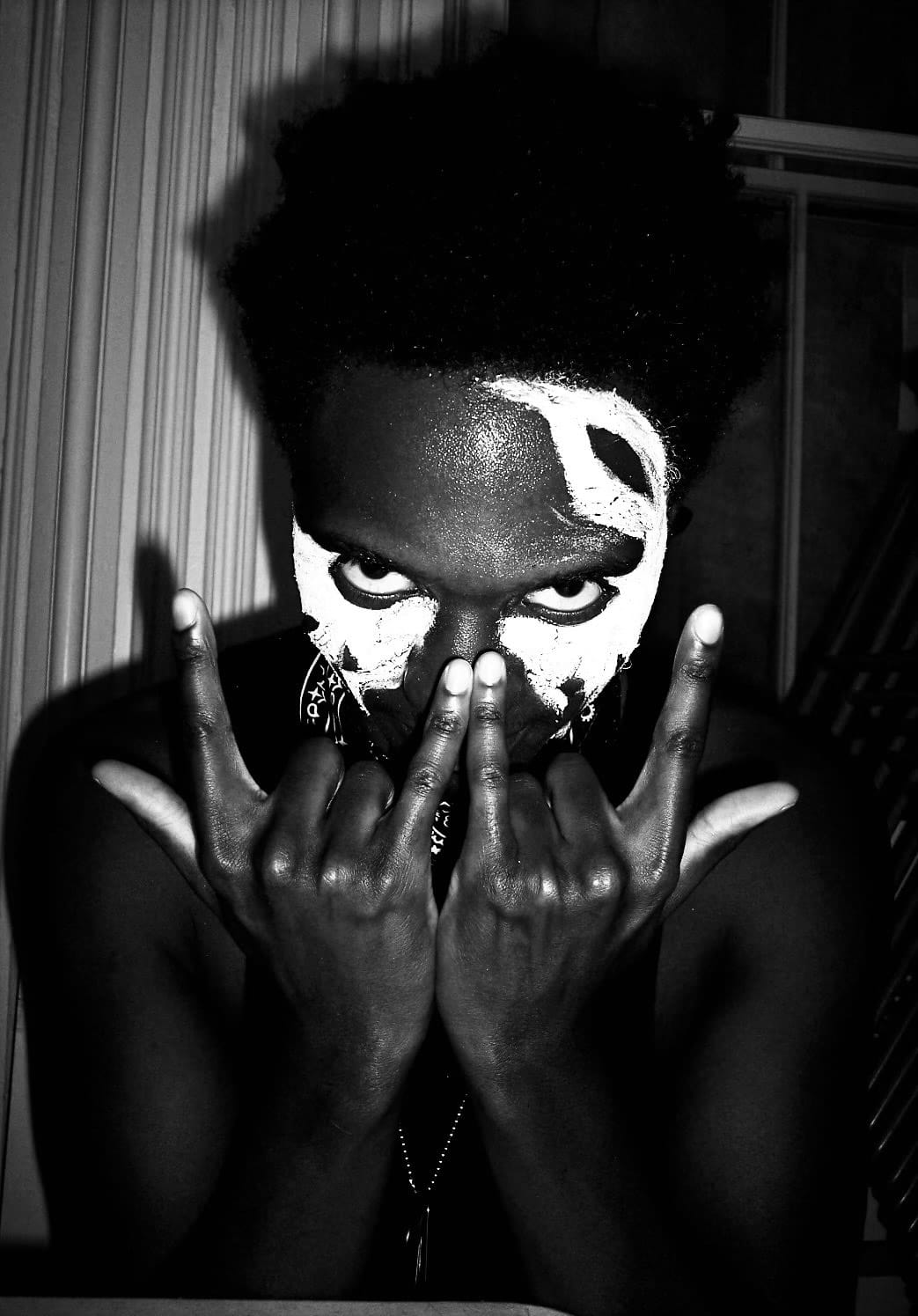
Eren Kahn has been putting his name out there in Iowa City over the past few months, bringing something new that still fits in the local hardcore scene. He describes his music as punk rap, something adjacent to the rage music that has come out over the past five or so years with artists like Playboi Carti and OsamaSon. He uses samples like Nirvana’s “Smells Like Teen Spirit” and puts them over blown out hip hop beats.
His performances are high energy, usually jumping out of the shadows at the beginning and immediately stirring the masses into a frenzy, making them bounce up and down as he belts out his lyrics; a constant hype man. I talked to him after one of his shows at the Iowa City house venue Paradise, where he opened up for a couple of touring indie bands.
We were standing out in the middle of the street outside the venue, under a post-sunset sky turning to a deepening blue. The occasional car passed right by, with tires hissing on the pavement and headlights lighting up the street. From here, our conversation flowed, and we discussed evolution.
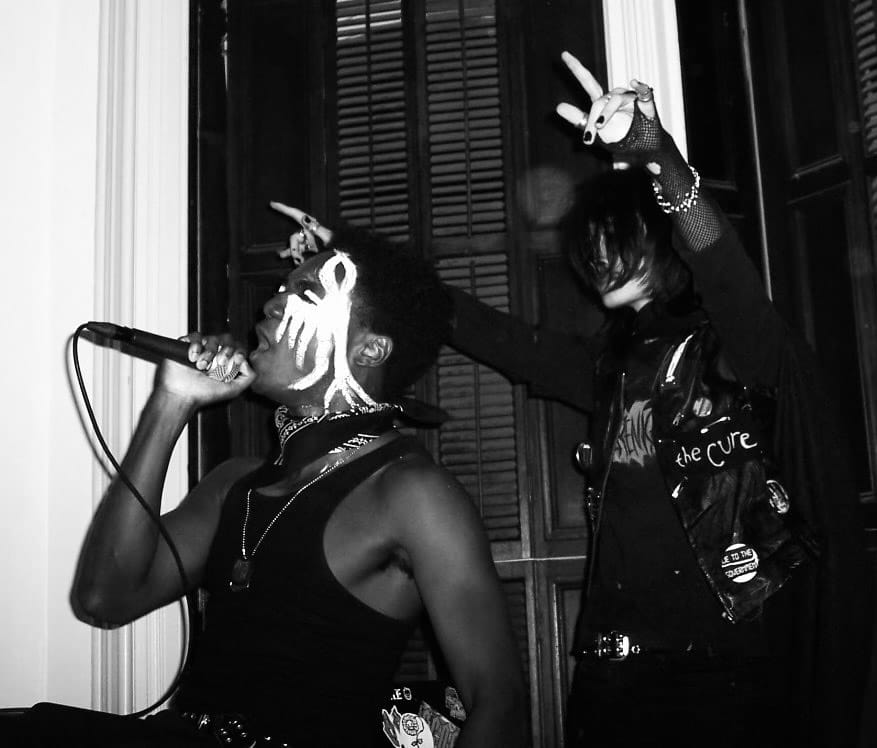
Eren Kahn: What’s up, we’re outside of Paradise. Shoutout Sam.
John Glab: Shoutout Sam Ham, shout out Hank, I love that guy.
Kahn: Shoutout Hank, newest member.
Glab: He’s the most dog-dog imaginable.
Kahn: He is a pretty dog-like dog. That’s one thing I’ve been realizing is that, cats are weird. Dogs will act like dogs, cats will act like aliens. They don’t act normal. They don’t act like regular animals.
Glab: They kinda act like humans.
Kahn: But they don’t at the same time. That’s what I’m saying, they’re like weird, bruh. They’re like not even from Earth, I don’t know. I’m really freaked out by cats.
Glab: Where do you think they came from?
Kahn: That’s a good question. I haven’t thought that far into it.
Glab: I saw a post that cats, which includes tigers, leopards, and house cats, are like the most evolutionary perfect predator in a way. Just like the way they’re able to sneak around with their teeth and claws, and their acute sense of sight and hearing.
Kahn: That makes sense. Well, have you heard of carcinization?
Glab: That’s where like people turn into - or not people - but things evolve into crabs, right?
Kahn: Yeah! And it keeps happening with so many species, and they’re not really crabs, but there’s something about the crab form that’s like the perfect evolutionary form. At least as of history today. It’s very fascinating.
Glab: You think you’re gonna turn into a crab someday?
Kahn: No, I don’t really fuck with crabs like that. They taste good, but like don’t have enough meat. I wouldn’t really fuck with them. Although it’d be cool to have like, an exo-skeleton.
Glab: Exo-skeleton sounds dope. In my mind it sounds like some Terminator type thing.
Kahn: That’s hard.
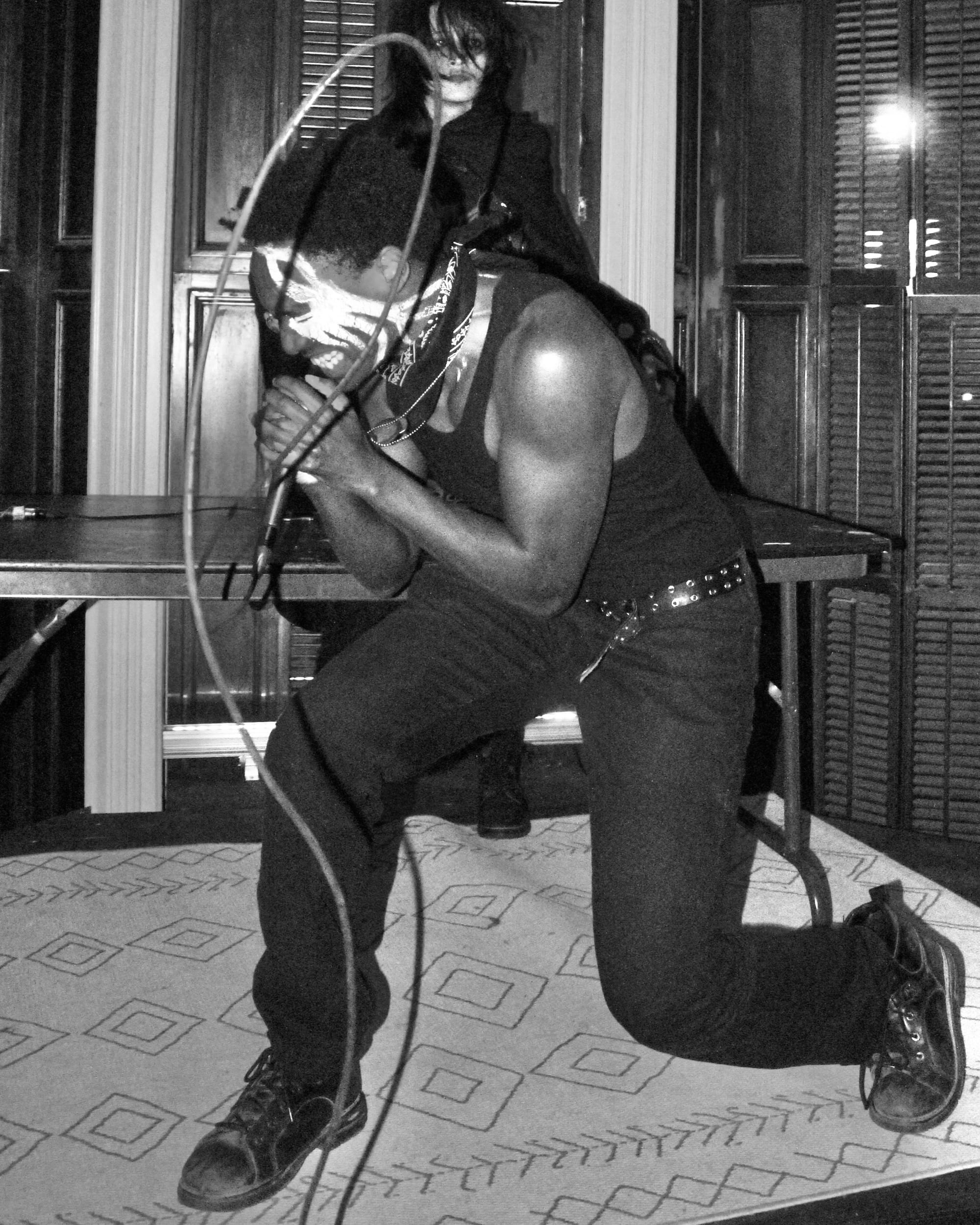
Glab: What other takes do you have on animal evolution?
Kahn: Evolution’s really freaky, because there’s a misnomer that creatures evolve to get better, but we don’t. No animal has ever evolved to get better, animals only evolve to adapt to their situation, to their environment. I think once you fix that fundamental understanding, you can appreciate evolution for what it is better. That’s my take.
Glab: That makes a lot of sense. That kind of debunks a lot of the wack-ass things that a lot of right-wingers are gonna wanna say, the ones that actually accept evolution as a thing that is, and use it to be racist.
Kahn: Yeah, it’s like evolution is not about improvement at all. It’s about-
Glab: Like surviving and getting by.
Kahn: It’s surviving, and fucking. It’s surviving and reproducing. It’s how do you survive and reproduce the most in what specific situation. That’s why humans are on top, not because we’re the ultimate species, that’s why we have all these other flaws with us, we just happen to be the creature that can adapt to its environment the most. That’s our ultimate strength. We can live in any desert, any tundra, sea, land, whatever, because we are ultra-malleable creatures.
I think that also contextualizes morality. I don’t think that morals are real inscribed principles of the universe. I don’t believe there’s like a higher power that demands of you, that you ought to do this thing. I don’t think the universe has that written down. So, somebody might see that and go, ‘That’s sad.’ I think it’s beautiful that the universe and our world created an environment where the most adaptable thing was for creatures to treat each other with respect. Even though humans are kinda wacky at times, I think having that appreciation for the fundamental nature of evolution and how human morality plays into it requires some kudos to humanity.
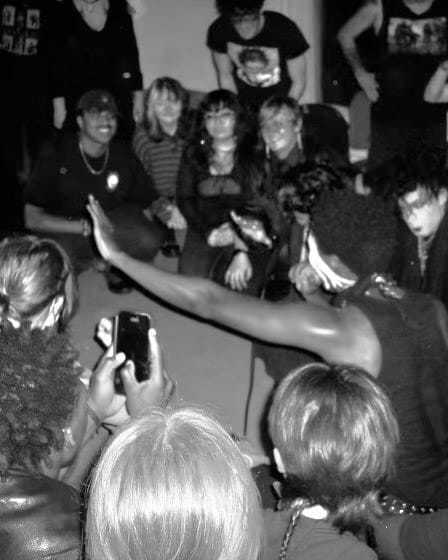
Glab: That’s something John Green, the Crash Course guy, talked about when he was at the University of Iowa. He was saying how we doom and gloom and about humans all the time, but like what other animals are thinking about, ‘Alright, how do we fix our problems that we’re making?’
Kahn: Yeah! None, none!
Glab: I don’t know, like if squirrels were in our situation, and they figured out how the secrets of the world worked-
Kahn: They’d be doomed, yeah! They’d be doomed. I think it’s a beautiful thing. I think that it’s good that we hold ourselves to higher standards, even than what our environment requires of us, but sometimes I think we can be very harsh on humanity, and for fair reasons. We see so many disgusting things that we are able to do to each other and our world. I think ultimately, we are in this situation because our evolutionary trait of morality has been adaptive to our environment we’re changing. So, I think as our species continues, it’ll ultimately come down to that aspect of our nature.
Glab: The aspect being, with what a lot of us are trying to do, is trying to make it better, and that’s something to hold value to, the attempts to make it better.
Kahn: Yeah, exactly. I think that’s how a lot of our generations work too. We are not any more biologically “advanced” than humans thousands of years ago. If we took a human from then, they’d basically be the same. There’d probably be such miniscule differences that we wouldn’t be able to tell. We’re almost micro-evolving with every generation. Every generation is another opportunity for us to adapt to the environment that we’re in.
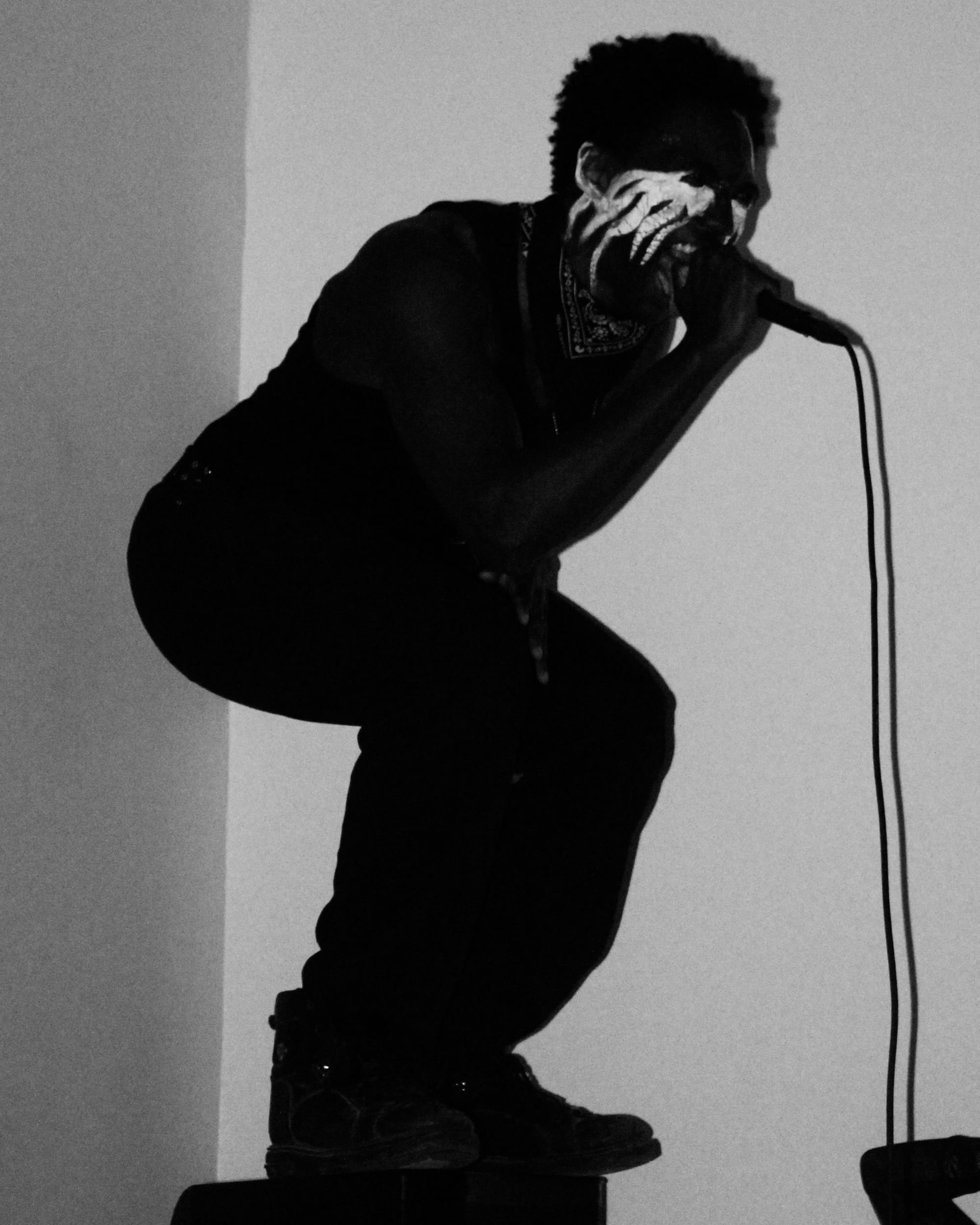
Glab: What do you think about telescoping intelligence then? That being there’s this thing that when one human discovers something, not too long after, in a separate isolated situation, another human discovers the same thing. That’s what Gottfried Leibniz and Isaac Newton did with calculus and physics. I know another example, in an athletic sense, there was a guy, Roger Bannister, who ran a mile under four minutes for the first time, and then like a month later, another guy, John Landy, did it.
Kahn: I think that adjacent circumstances tend to have adjacent results. You know, with people being able to run faster than we thought possible, there were multiple iterations of adaptation to not only the human body, but also the environment that we put humans in, like tracks getting better, shoes getting better, more understanding of the human body, etcetera. That just led to people finally being able to achieve similar things in similar circumstances, but different places.
Kinda like carcinization! This is so freaky, but you could have a lobster in the Indian Ocean, and then a lobster in the Atlantic, and they’ll both turn out to be crabs because their environments are adjacent to one another, and that's what they're best suited for.
Glab: It’s adjacent situations, but the reason why that happened in different places is because as humans we’ve already built on the things established by generations before.
Kahn: Exactly, yeah.
Glab: One more question, who do you think would win if there was an equal amount of creatures, humans or cats?
Kahn: Humans.
Glab: Humans?
Kahn: Humans.
Glab: You wanna back it up, or leave it at that?
Kahn: I’ll leave it at that.
Kahn later changed his answer to cats.
